Data Chronicles: Lowest emissions per Fulltime Equivalent and by Square Footage
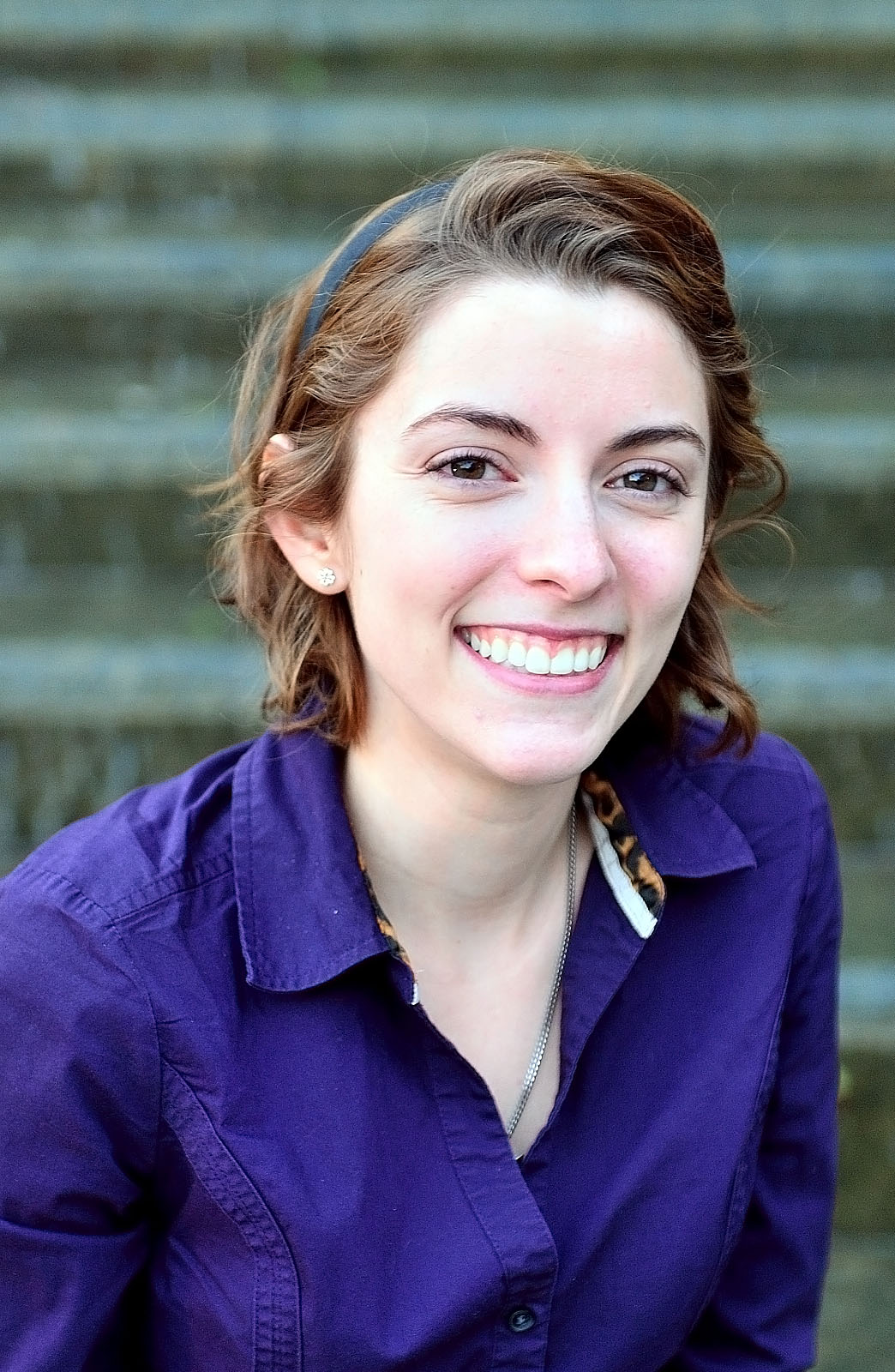 by Amanda Carpenter, Program Associate, Second Nature
by Amanda Carpenter, Program Associate, Second Nature
Within the American College & University Presidents’ Climate Commitment network, we like to highlight institutions that are making outstanding progress towards their carbon neutrality goals. Two of the metrics that we use to normalize the data are emissions per Full Time Equivalent, and emissions per 1000 square feet. These data points are taken from the self-reported values in the Greenhouse Gas and Progress Reports that are submitted by signatory institutions.
Emissions per Full Time Equivalent
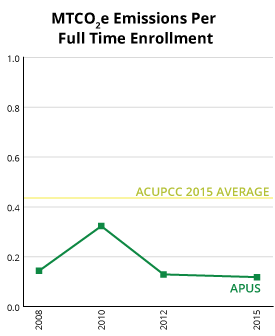
The school that had the lowest gross emissions per Full Time Equivalent was the American Public University System at about 0.1 metric tons of CO2e, rounded up in our system to the nearest tenth. For their 2015 Greenhouse Gas Inventory, the American Public University System reported a Full Time Equivalent of 42136.0 students.
In the narrative section of the 2014 Progress Report, the American Public University System points to its high density and online learning
programs as being a contributor for their success.
- Read more about Data Chronicles: Lowest emissions per Fulltime Equivalent and by Square Footage

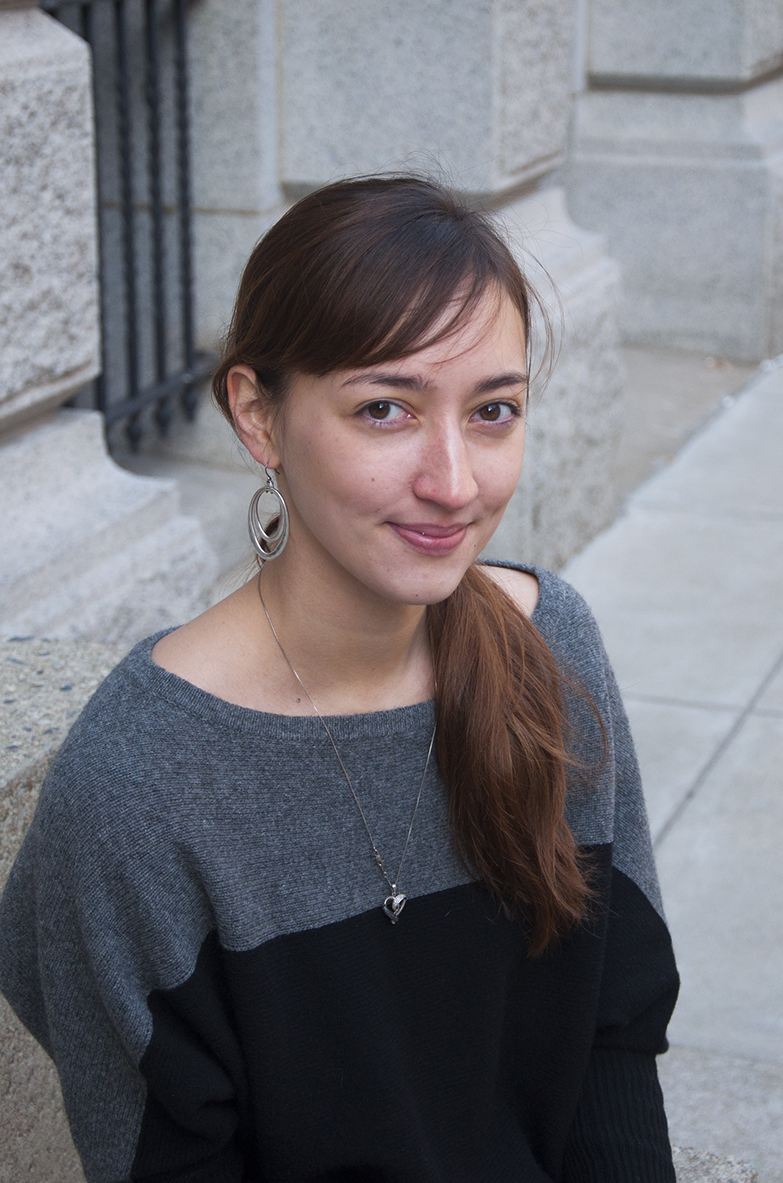

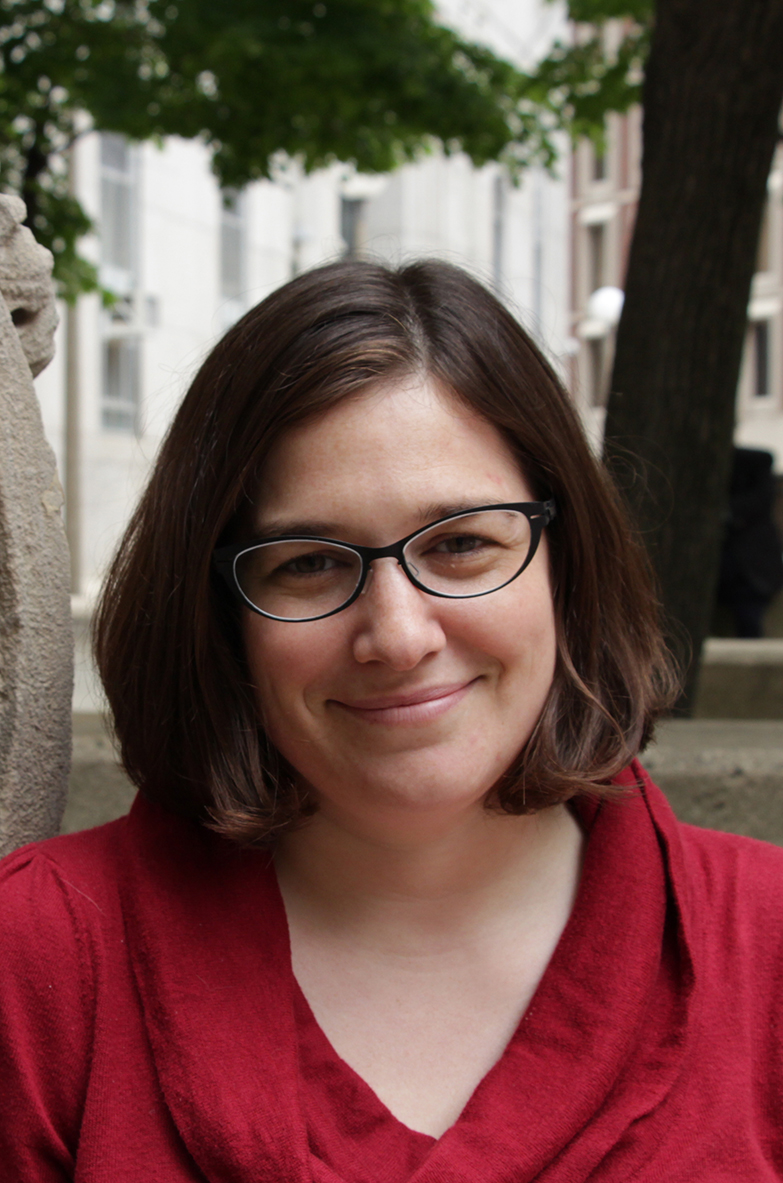
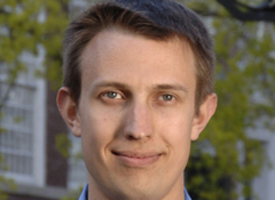

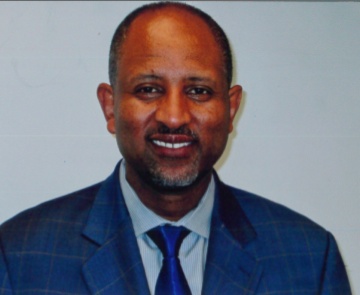
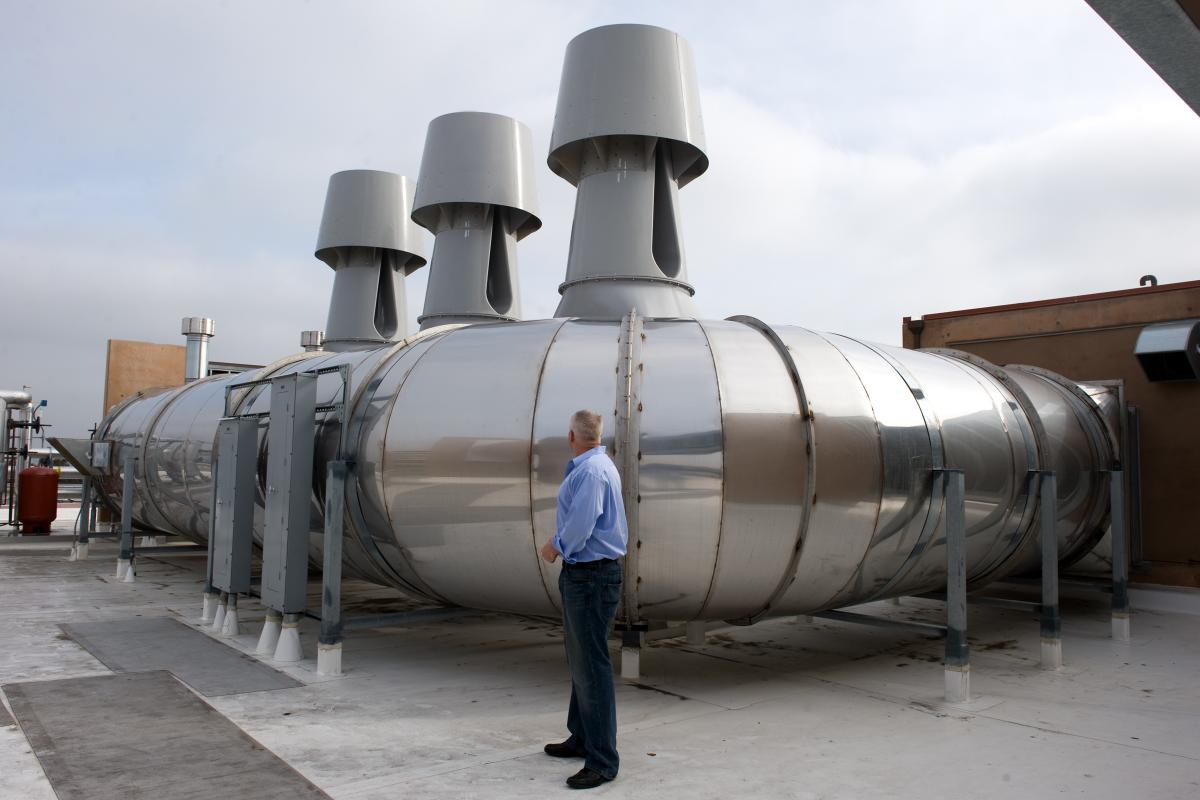 ACUPCC Signatory, University of California Irvine, has earned California’s highest environmental honor, the Governor’s Environmental & Economic Leadership Award for its Smart Labs program. UC Irvine is committed to Governor Brown's plan to reduce California's carbon footprint and to the University of California's commitment to reach carbon neutrality by 2025, as recently announced by UC's new President, Janet Napolitano. Through UC Irvine’s “deep energy efficiency” program (their term for energy efficiency retrofit projects with associated significant energy savings) they are determined to demonstrate that efficiency can provide a major fraction of needed carbon abatement -- feasibly, quickly, and cost-effectively. The Irvine campus is now
ACUPCC Signatory, University of California Irvine, has earned California’s highest environmental honor, the Governor’s Environmental & Economic Leadership Award for its Smart Labs program. UC Irvine is committed to Governor Brown's plan to reduce California's carbon footprint and to the University of California's commitment to reach carbon neutrality by 2025, as recently announced by UC's new President, Janet Napolitano. Through UC Irvine’s “deep energy efficiency” program (their term for energy efficiency retrofit projects with associated significant energy savings) they are determined to demonstrate that efficiency can provide a major fraction of needed carbon abatement -- feasibly, quickly, and cost-effectively. The Irvine campus is now  approaching a 50 percent overall reduction in energy intensity achieved through a comprehensive program of deep energy efficiency, as a result of their “Smart Labs” program. Only a few years ago, no one believed that efficiency improvements and retrofits would yield a major percentage of needed carbon abatement, because the efficiency gains of new technologies - particularly sensors, digital controls, and software – were underestimated. All of those are key elements in UCI's comprehensive “Smart Labs” retrofit program.
approaching a 50 percent overall reduction in energy intensity achieved through a comprehensive program of deep energy efficiency, as a result of their “Smart Labs” program. Only a few years ago, no one believed that efficiency improvements and retrofits would yield a major percentage of needed carbon abatement, because the efficiency gains of new technologies - particularly sensors, digital controls, and software – were underestimated. All of those are key elements in UCI's comprehensive “Smart Labs” retrofit program. 
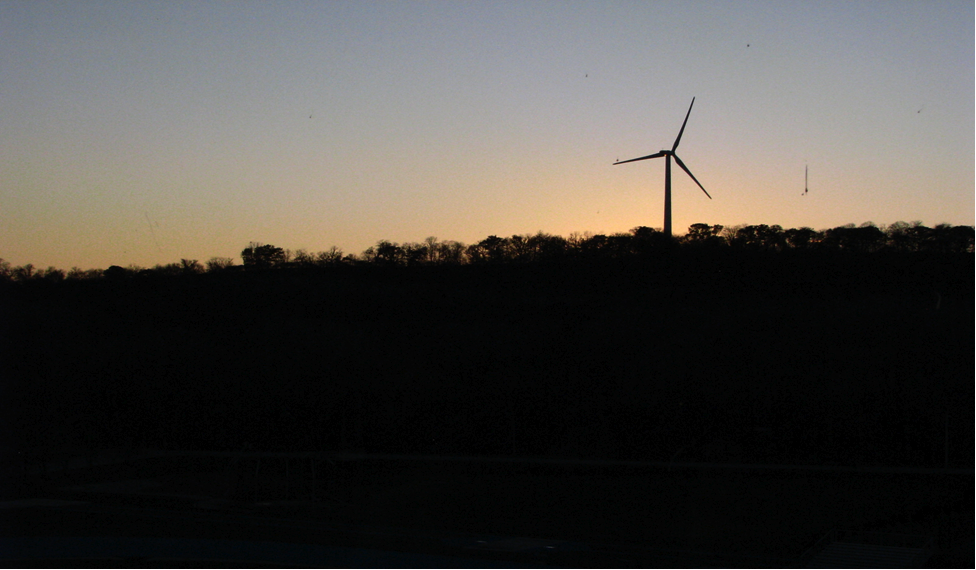
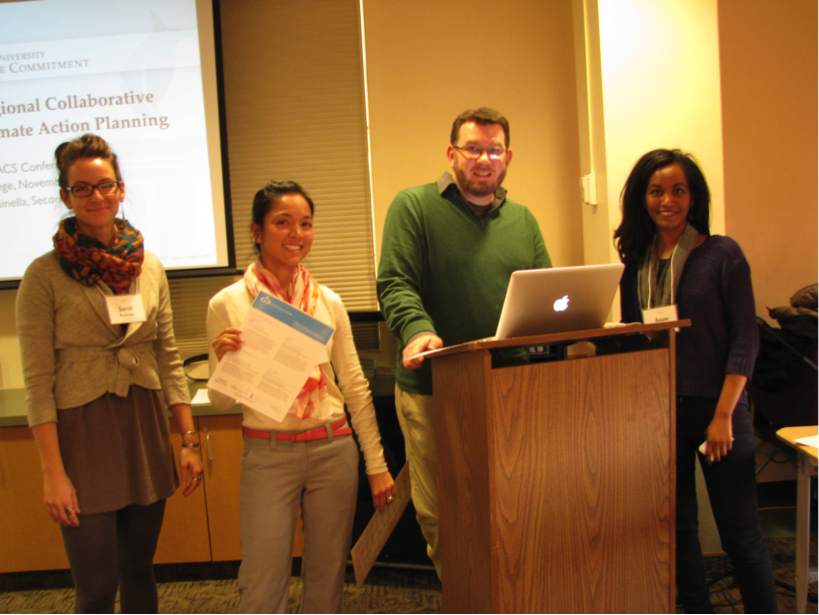
 announced her intent to bring the University to net energy neutrality by 2025. This bold plan builds on the reduction in carbon emissions that all campuses of the UC system have made as signatories to the American College & University Presidents’ Climate Commitment (ACUPCC) and demonstrates the true transformation that can result from higher education leadership. At Second Nature, we are looking forward to continuing to work with the campuses of the University and President Napolitano’s chancellors and staff as they implement this inspiring initiative. The full text of President Napolitano’s remarks can be found here:
announced her intent to bring the University to net energy neutrality by 2025. This bold plan builds on the reduction in carbon emissions that all campuses of the UC system have made as signatories to the American College & University Presidents’ Climate Commitment (ACUPCC) and demonstrates the true transformation that can result from higher education leadership. At Second Nature, we are looking forward to continuing to work with the campuses of the University and President Napolitano’s chancellors and staff as they implement this inspiring initiative. The full text of President Napolitano’s remarks can be found here:  by
by 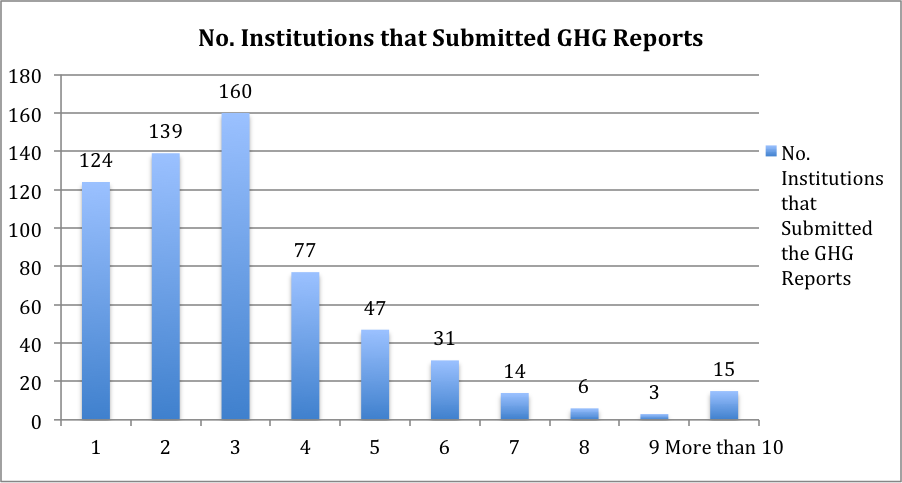
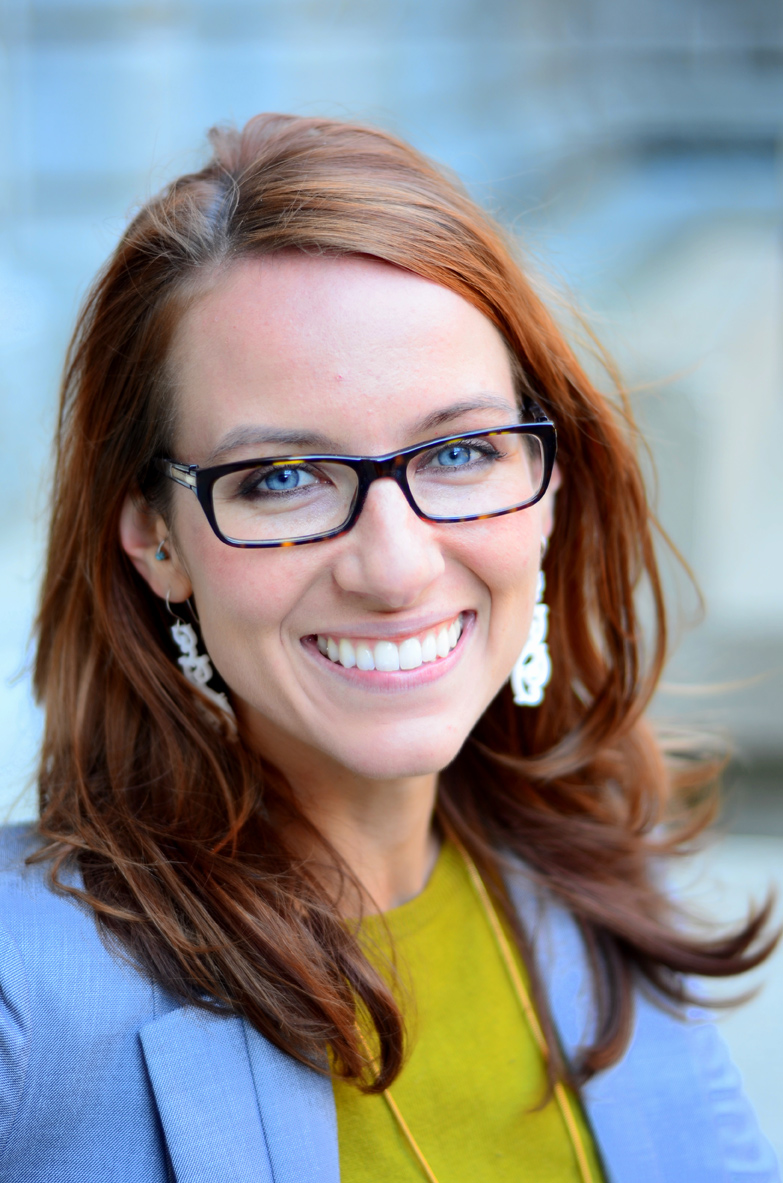
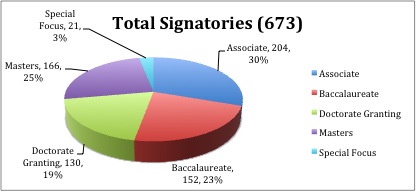
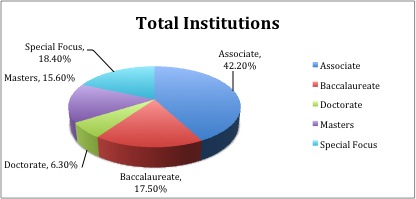
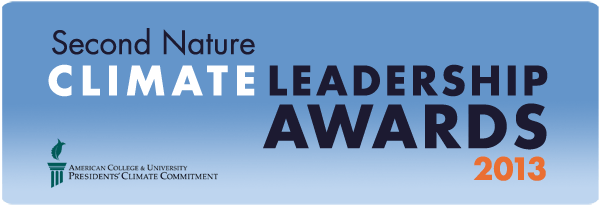

 What a feeling it is to be a student at
What a feeling it is to be a student at